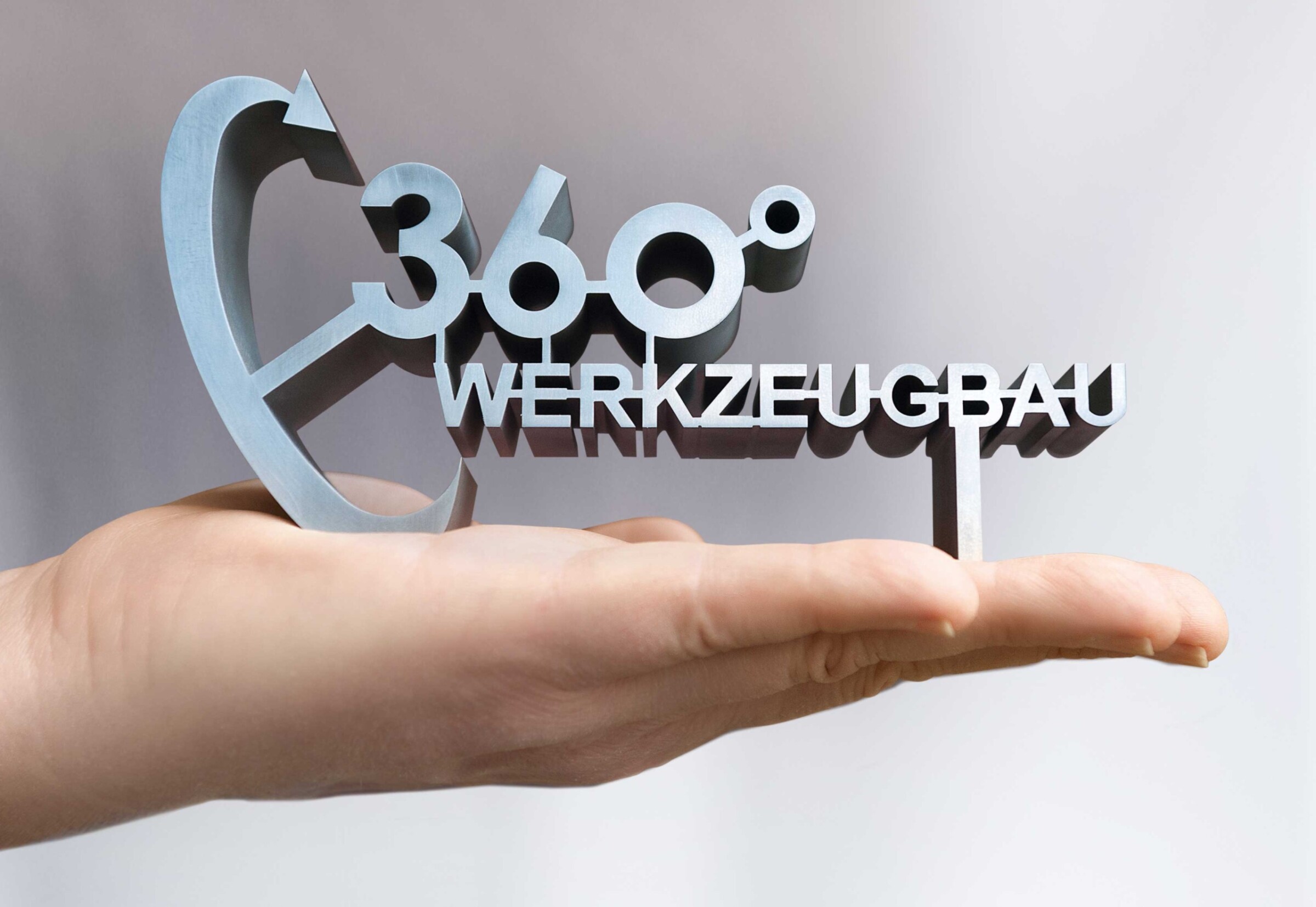
The Deutsche Angestellten-Akademie (DAA) (German White-Collar Academy) in Bad Oeynhausen held its fourth Innovation Day for tool- and mouldmaking on 22 March 2018. The challenging purpose of this event was to enable visitors to experience automation and innovation live. PROFILE talked to Jörg Schlüpmann (Deputy Branch Director of DAA GmbH) about this lighthouse project for initial and further industrial and technological training.

360° toolmaking as a model for the future: teaching factory and business enterprise.
Learning by doing.
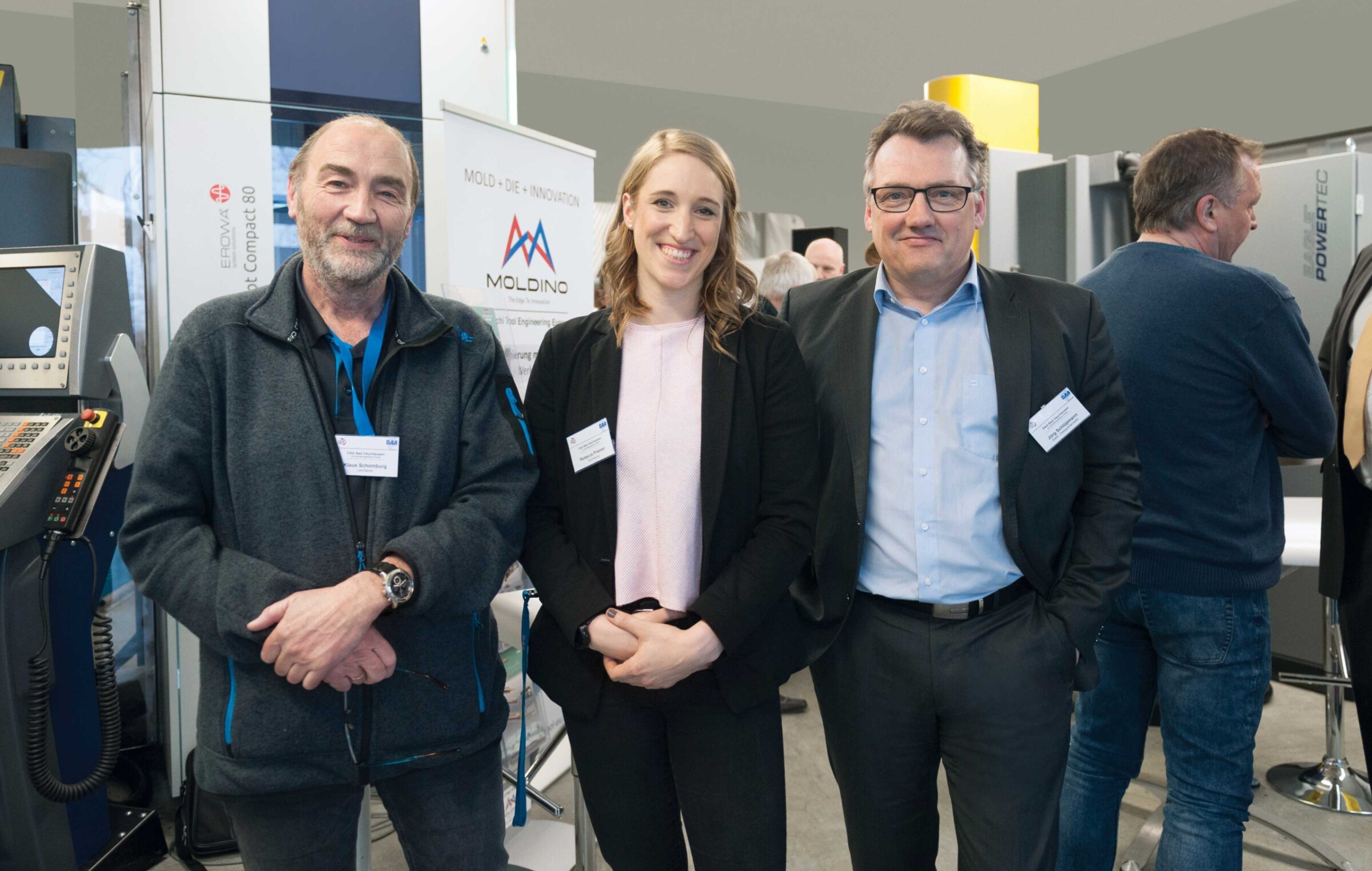
Organisers of the DAA: Klaus Schomburg, Rebecca Priemer and Jörg Schlüpmann (from the left).
The unique teaching factory.
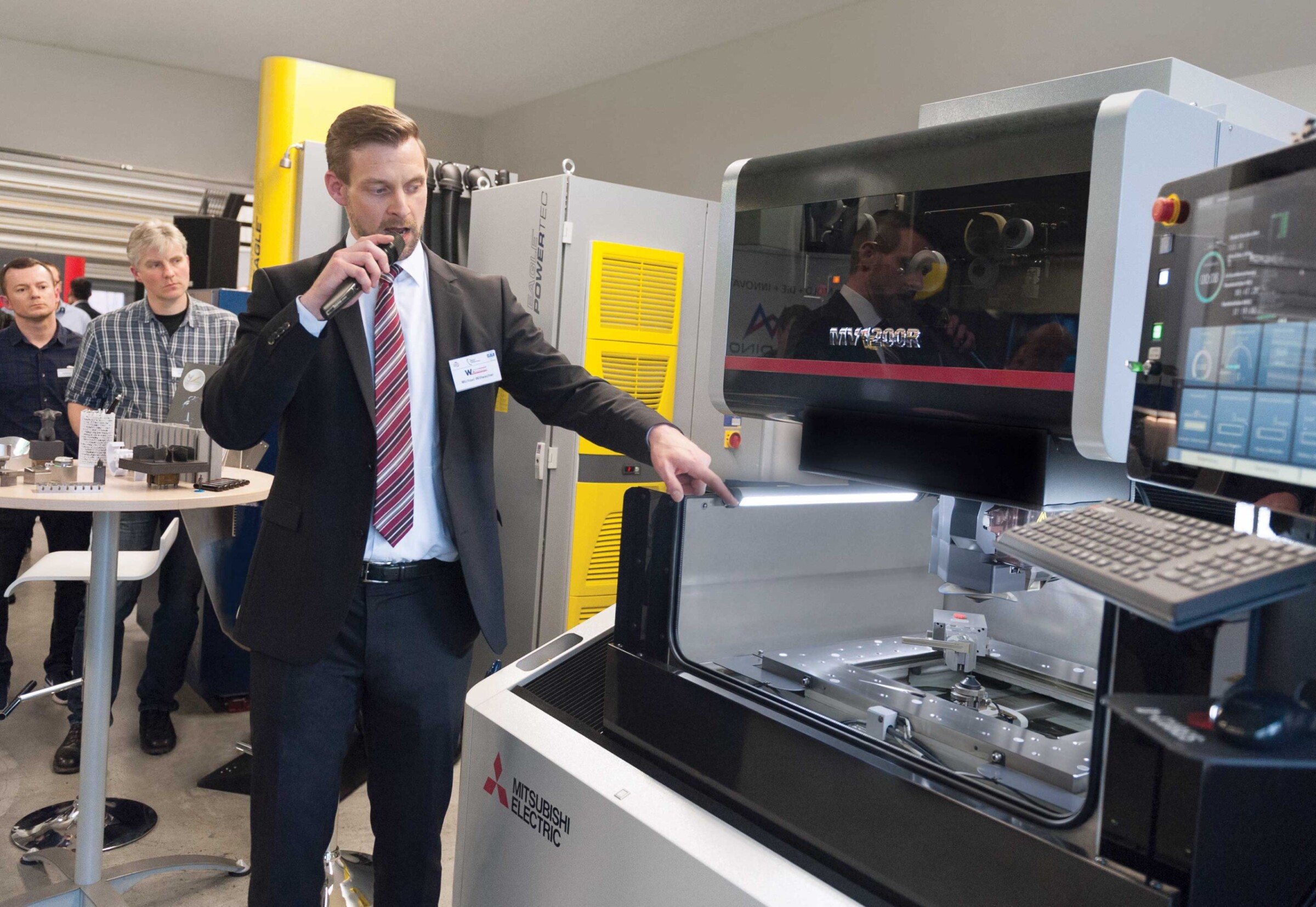
Michael Willwacher
Michael Willwacher presenting the latest wire-cut EDM from Mitsubishi Electric.
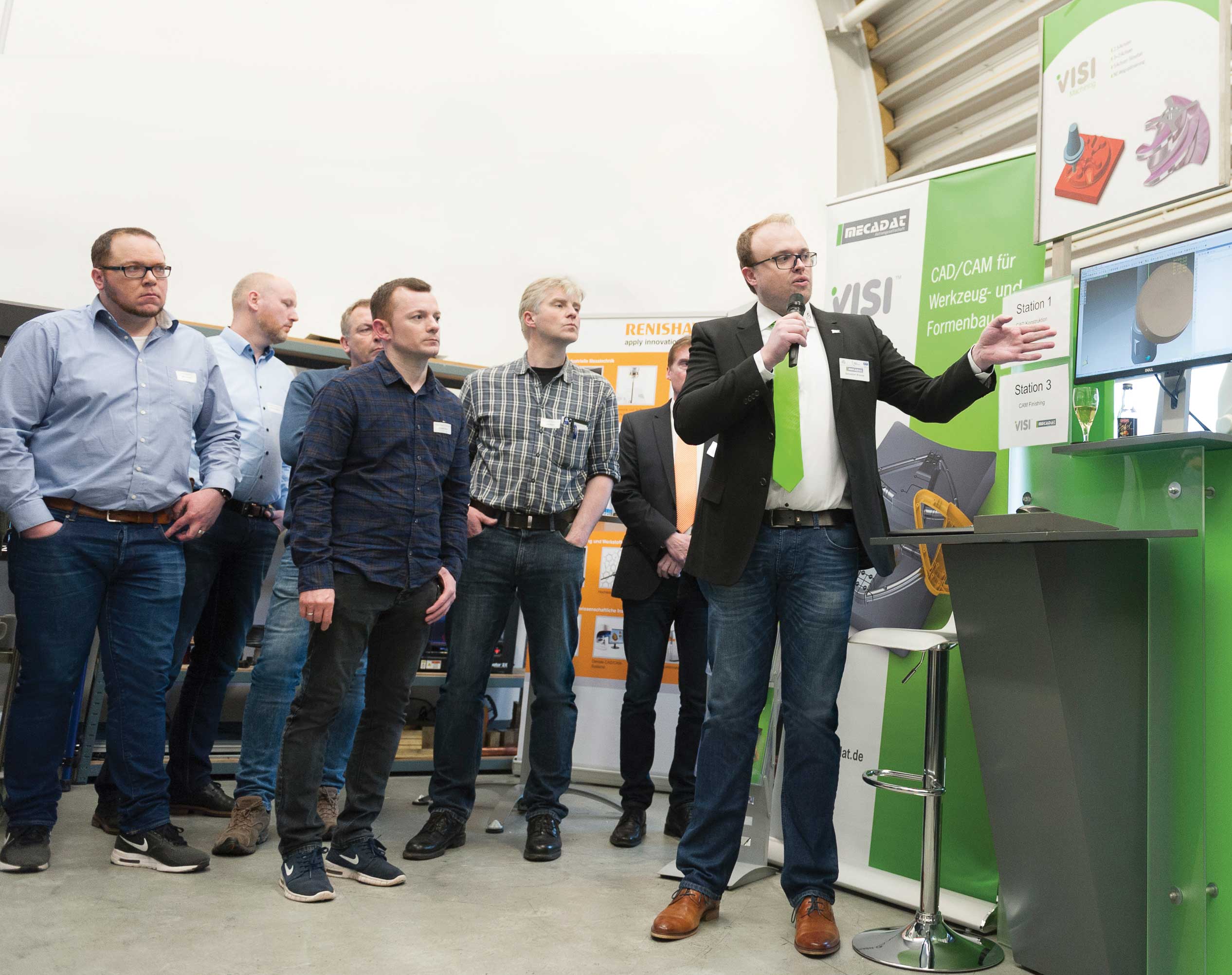
Sebastian Krause, MECADAT AG.
The latest developments in the VISI programming systems explained by Sebastian Krause, MECADAT AG.
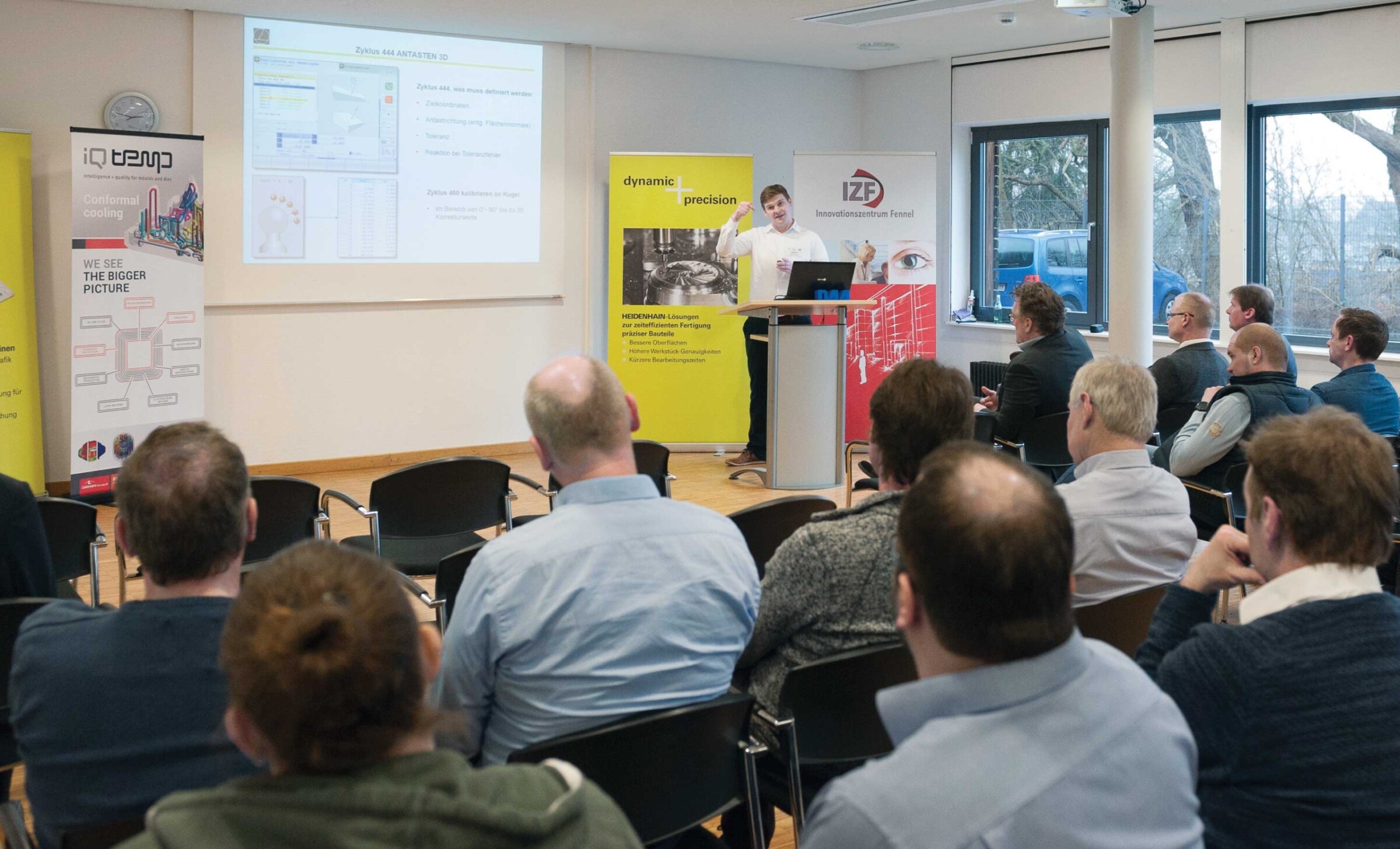
Matthias Köhler
Matthias Köhler showing the measurement and control equipment from DR. JOHANNES HEIDENHAIN GmbH for challenging positioning tasks.
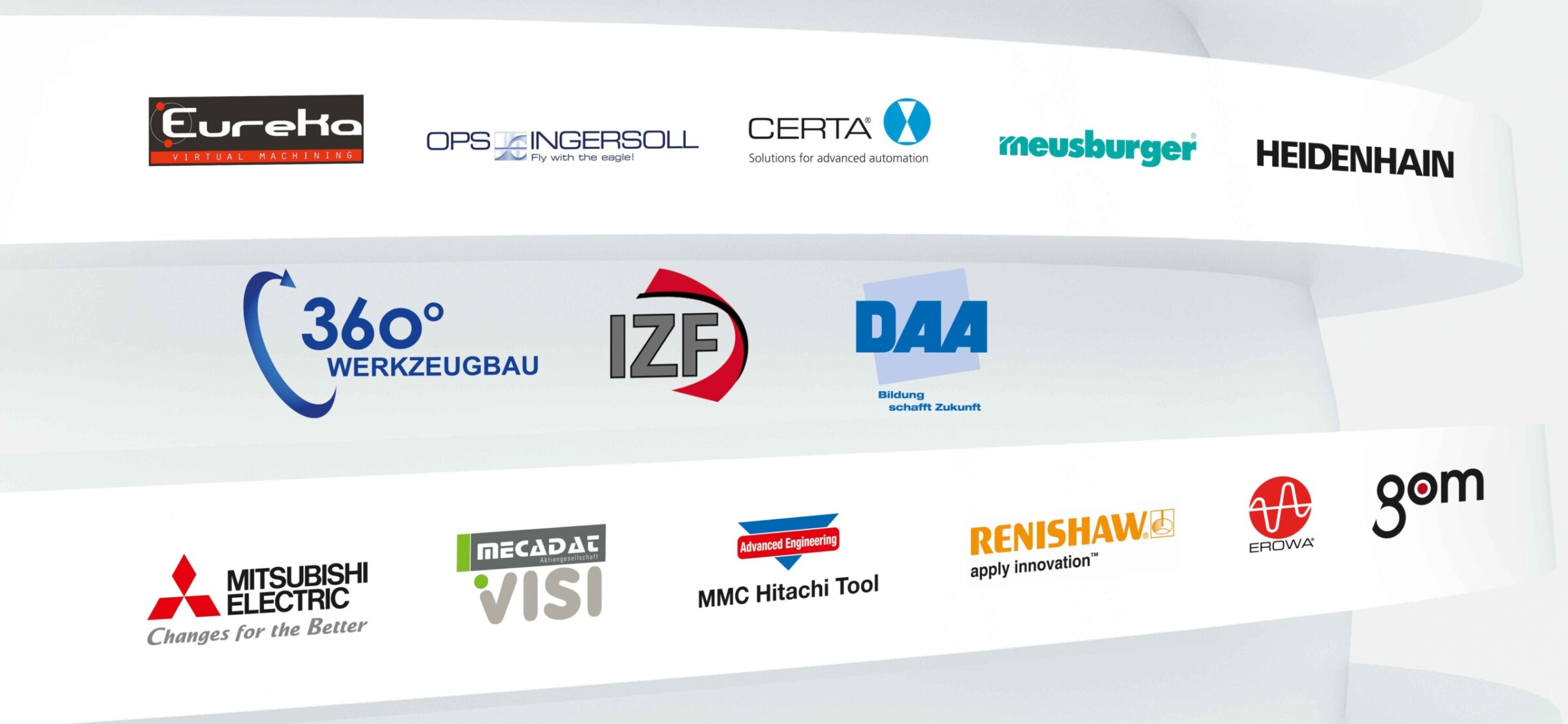
Innovationszentrum Fennel
In the medium term we want to develop the entire Fennel Innovation Centre into a teaching factory focusing on toolmaking and metalworking. In the toolmaking sector, we’re already making good progress with our partners. In metalworking, since the financial commitment and rate of innovation are less spectacular, we’re not seeking any partnerships.
At the IZF in Bad Oeynhausen, we want to make all company processes – from design engineering, production and administrative activities to IT – transparent for our customers. All areas are fully interlinked. It will be a place where technological progress can be learnt and experienced.
For me, a teaching factory, as the name suggests, is a place where industrial production and teaching take place. “Learning by doing” is the principle. We run a normal business enterprise with production activities. With the proceeds from the sale of our products, we support our teaching activities. It goes without saying that the teaching factory costs a lot of money getting started. The premises themselves, the compressed air, electricity, maintenance and manpower cost the German White-Collar Academy a six-figure sum each year.
One of the biggest challenges will be to recruit sufficiently skilled young staff. The increase in automation demands special knowledge and abilities from employees.
They have to master CAD and CAM systems, operate high-performance milling machines and EDM systems and be able to deal with robots. In the general guidelines for the training of toolmakers, however, only milling is mentioned. The second big challenge is maintaining sufficient liquidity for investment in new technology. Modern machines can easily cost several hundred thousands of euros, plus the cost of software and instruction.
We’ve got enthusiastic partners who have agreed to regularly upgrade their machines and supply us with new equipment. We have just received a new wire-cutting machine from Mitsubishi Electric. In the coming months we will also be getting a 5-axis milling machine. At the end of our production chain – after the injection moulding machine – we are using a 6-axis robot which has the task of transferring the products to the measuring station or packing station.
Our toolshop is absolutely state-of-the-art. Normally, educational establishments trail behind reality, but we can say that we are right up to date and at the forefront of developments. This is possible thanks to our project partners who make their latest equipment available.
The teaching factory as we understand and run it is unique. There are a series of teaching factories that replicate reality but none that are also real-life businesses. Such teaching factories are all right for the purpose of practice, but they are still a good way removed from reality. We have real-life production operations and serve the market.
Workflows will be more strongly automated. I’d like to illustrate this with the example of electrode production on our site. For die-sinking, we continuously mill electrodes in small series: two electrodes A, two electrodes B, six electrodes C etc. Today this is still labour-intensive one-off work. In the future, these tasks will be controlled by a central computer and handled by an automated milling machine, feed system and measuring machine. The future belongs to such automatic machining systems because of their high productivity and profitability. My forecast is that the market will take a big step towards automation in the next ten years. Anyone who fails to automate in these ten years will no longer be able to compete.
I tell them, you’ve got to make the step. You’ve got to change your list of priorities and then target investment on staff development. You’ve also got to start working on people you’ve been ignoring until now because they haven’t met your quality aspirations. You’ve got to develop them – I don’t see any other option.
We and our training are right at the cutting edge. Our teaching factory operates with the very latest technology. Our processes are forward-looking and we have top experts who are true masters of their crafts. Also worth mentioning are of course our expertise and experience in the field of automation.
Anyone who graduates from us is already taken care of, i.e. has found a job. We regularly receive inquiries from larger companies including some from the immediate region, asking for skilled staff, but we’re unfortunately unable to promise anything. There are no more unemployed skilled employees in this area. We are increasingly finding jobs for our graduates directly in industry. A few years back, temporary employment agencies were the springboard for many of our graduates. These times are over.
Deputy Branch Director
DAA GmbH
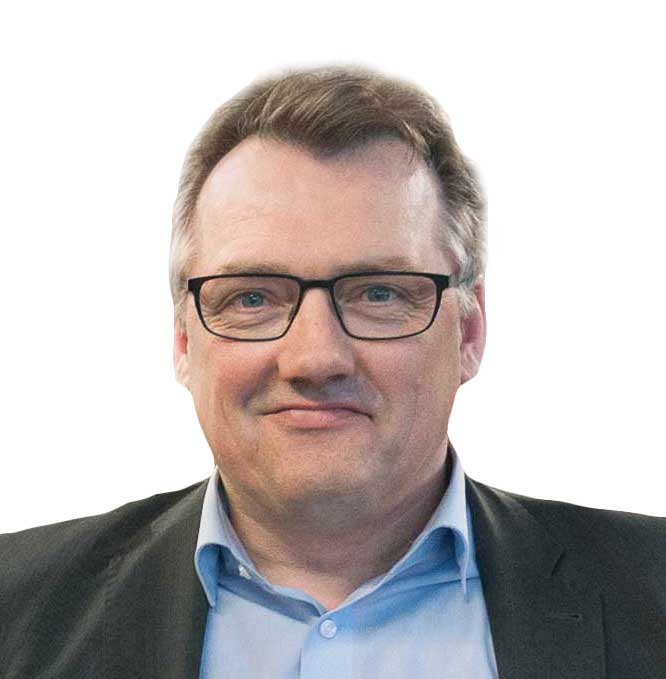
Jörg Schlüpmann Deputy Branch Director
Fields marked with a * are mandatory.
Mitsubishi Electric Europe B.V.
German Branch
Mitsubishi-Electric-Platz 1
D - 40882 Ratingen
Sales
Tel.: +49 (0)2102 / 486 - 6120
edm.sales@meg.mee.com
Service
Tel.: +49 (0)2102 / 486 - 7600
edm.hotline@meg.mee.com
Applications
Tel.: +49 (0)2102 / 486 - 7700
edm.applikation@meg.mee.com
Spareparts
Tel.: +49 (0)2102 / 486 - 7500
edm.parts@meg.mee.com